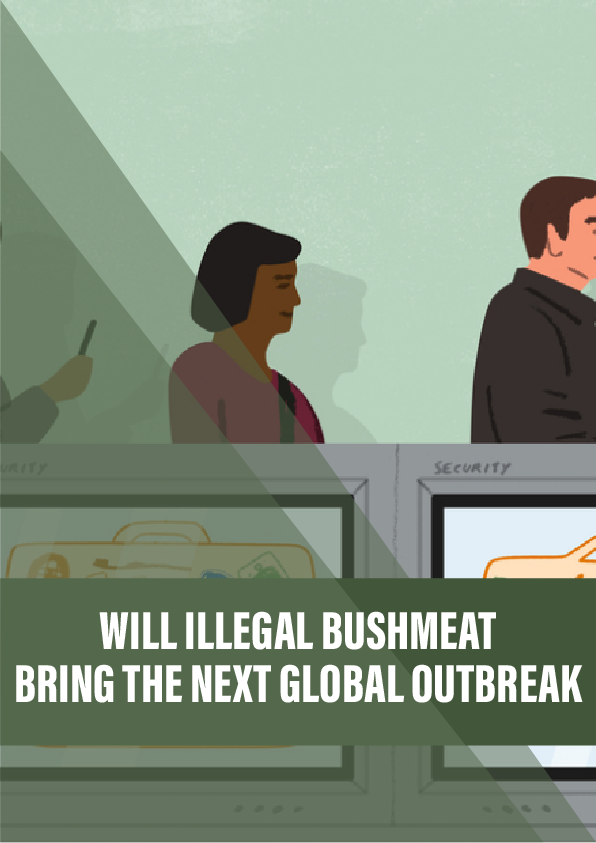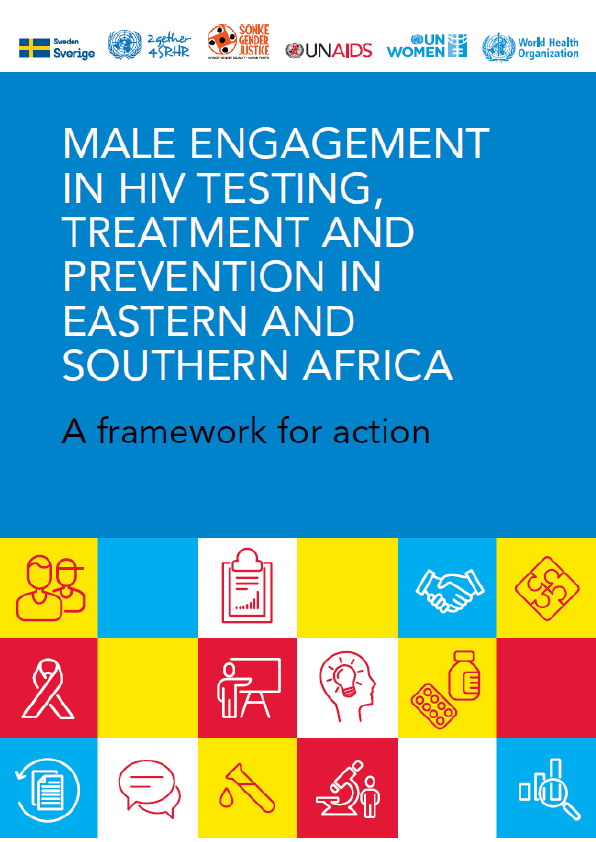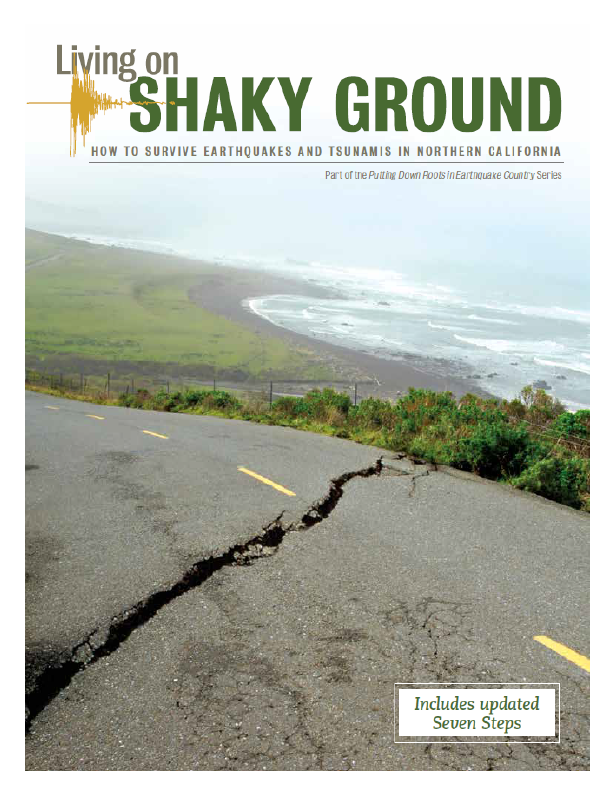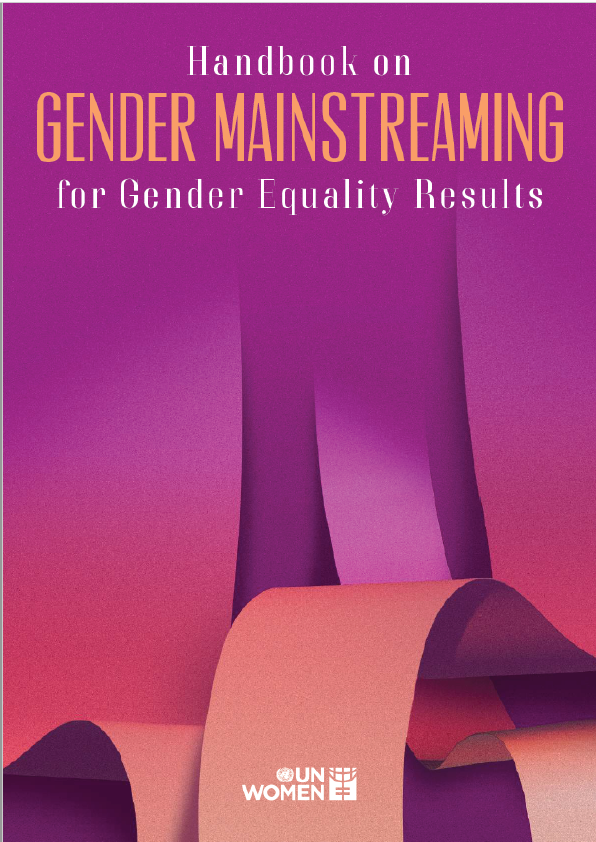At first glance, there seems to be nothing unusual about Ridley Road Market. Like any other London market, there are stalls selling fresh fruit and vegetables, cheap electronics, artificial jewellery and other bits and bobs.
Then, the smell hits you. Behind the makeshift stalls are butchers’ shops. There’s a dozen of them within 100 metres, each displaying a panoply of meats and hung carcasses. There are beef ribs, pork shoulders, lamb shanks, chicken thighs – all the standard offerings found at most butchers. But there are also more unusual cuts like lamb heads, ox kidneys, cow hooves and others I don’t recognise.
Some of the butchers show questionable hygiene: they handle meat with bare hands, blood oozes out onto shop floors and flies settle on some of the meat. Most things are unlabelled. None of this deters shoppers, but it’s not what I expected from a market that has already been under the spotlight for selling smuggled bushmeat.
Bushmeat is a catchall phrase for the meat of wild animals found in the tropics, principally West and Central Africa. It is illegal in the UK and many other countries, which were forced to adopt strict rules following disease outbreaks that were linked to the import of wild meat.
Reference:











